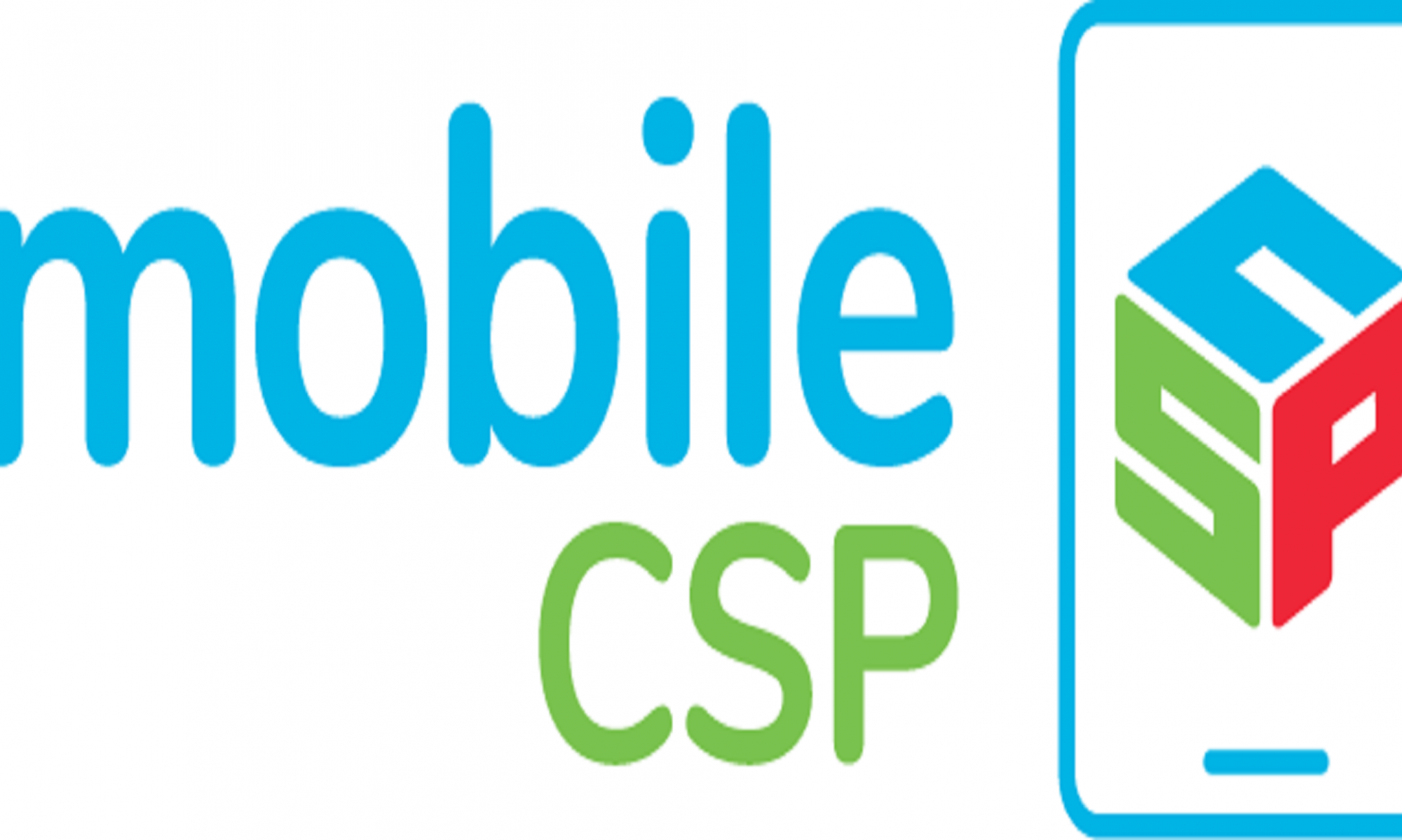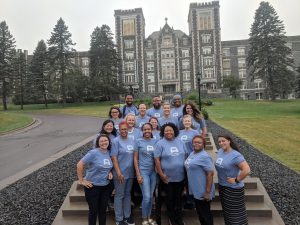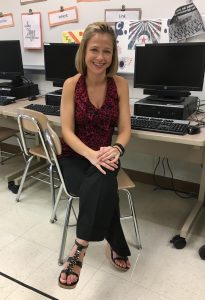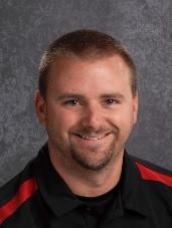For educators who use MIT App Inventor in their classrooms, it can be a real struggle if your students or your school uses iOS devices. Since its inception, MIT App Inventor has been known for Android app development. When the MIT App Inventor team first announced the plans to also have iOS capabilities, App Inventor supporters and educators alike rejoiced. But, since then, the road to iOS has been a long one to say the least.
The Big Announcement
Nearly two years ago in November/December 2017, the MIT App Inventor team announced that MIT App Inventor was working for testing on iOS devices. Included in the announcement were a series of phases to be carried out along with a call for help with donations to support the project. A short video released on their social media channels showed great promise as an Apple device successfully connected to MIT App Inventor over wifi with the companion app. The caption on the video indicated the hope for release/testing in spring 2018.
A Glimmer of Hope
Back in February 2019, Evan Patton at MIT released a blog post announcing that MIT App Inventor for iOS had entered beta testing. Finally after lots of back and forth with Apple, things had progressed. Eager beta testers (including several Mobile CSP team members) began seeking access to the TestFlight companion app and helped report bugs that were found. At that point in time, it seemed like the public release of the iOS companion app was within reach.
Delayed by Apple
Heading into Summer 2019, there was doubt that a public release would even happen. Evan Patton informed the Mobile CSP team that the back and forth with Apple continued. He confirmed what we already knew: the iOS version for MIT App Inventor was ready to go, but Apple was not approving the public release. However, Evan understood that many teachers and students were so badly wanting the iOS version and that he needed to find a way to make it happen…somehow.
If Plan A fails, Try Plan B
In August 2019, MIT App Inventor celebrated 10 years of computational action as they hosted the MIT App Inventor Summit 2019. At the summit, Evan gave another update on the iOS version and announced his plan for a plan b. Mobile CSP Team member Beryl Hoffman informed the Mobile CSP community shortly after in an email:
Things are at a stand-still with Apple, so [Evan] is going to release the latest iOS Companion as open source for teachers to use in their classrooms mid-August. To use the open-source, you will need to get an iOS developer’s license for $99 a year and then input all your students’ iOS devices as development devices on that license. This is temporary until they can get through Apple approval, but it will allow you to test it in your classes this year… You can register 100 devices on one license so we could possibly set up sharing of licenses too. More info in a couple weeks.
-Beryl Hoffman 08/04/2019
Where We Are At Now
MIT App Inventor is, and will remain, a free (open source) software. The MIT App Inventor team is still working with Apple to get the iOS companion app released publicly for free just like it’s Android companion app counterpart. The MIT App Inventor team announced the latest version of the companion of iOS available via Apple TestFlight. Those who wish to try out MIT App Inventor on iOS currently have two options:
- Option 1: Become a beta tester and use the Apple TestFlight version of the iOS companion app (don’t forget to mention Mobile CSP)
- Option 2: Use the iOS companion preview (requires an iOS developer’s license from Apple)
While option 1 is free, the MIT App Inventor team does ask that you be willing to provide feedback on bugs and other issues you may encounter to help them improve the companion app.
With the iOS companion preview (option 2), you can create and install on your iOS devices if you purchase an iOS developers’ license ($99 per year with a waiver program available for schools). [Note: This fee is an Apple fee and is not from MIT App Inventor.] Up to 100 devices can be added to a single license and a license can be shared among teachers. This option is currently working for Apple devices running iOS versions 9-13. If you plan to use the preview version and wish to report feedback/bugs, please fill out this form so that we can send the feedback to MIT.
The Mobile CSP team will continue to work closely with the MIT App Inventor team. However, although the MIT App Inventor Team may value and use our input, we are not a decision maker in terms of how MIT App Inventor handles iOS.
Helpful Resources
- Instructions for using the iOS preview companion: coming soon!
- Apply for an iOS Developer’s license: https://developer.apple.com/programs/
- Program to waive the $99/year fee for schools: https://developer.apple.com/support/membership-fee-waiver/



